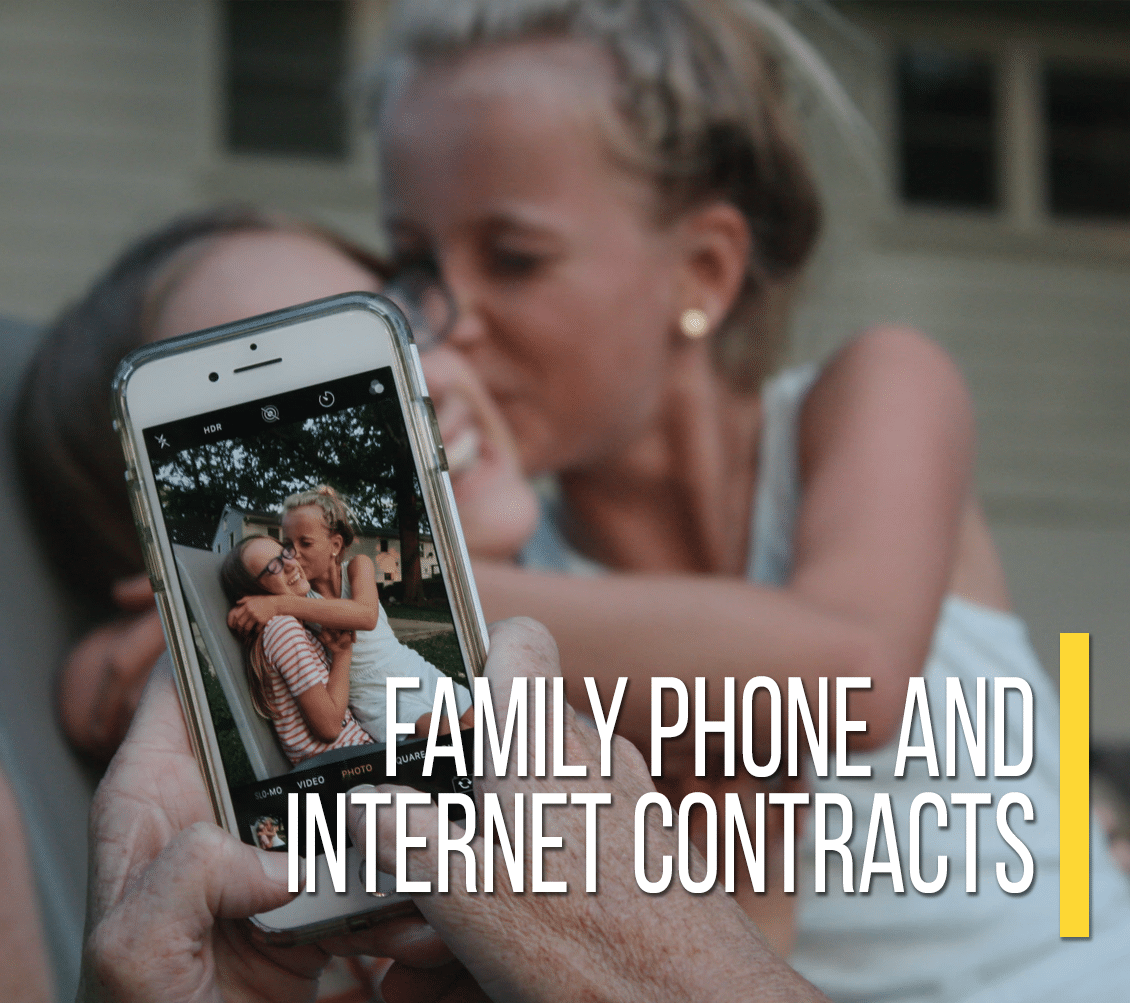Working with children and their families in counseling, one conversation that comes up over and over is concerns of the parents, teachers, and other important figures for the children that they are either misusing technology or putting themselves at risk. While you cannot prevent all problems from affecting children, there are several things that parents can do for their family in order to protect them.
Below I have links to several contracts and pledges for the family to go over and sign on how to properly use and expect to work with family members with the internet and smartphones. Further, I have several tips you need to consider as you begin dialogues with your children because a simple contract is not going to prevent harm, but constant vigilance and communication.
There are lots of “rules” on how kids (and parents) should use the internet and mobile devices, but the most important rule is that parents and kids talk with each other. Sometimes it also helps to agree to a set of criteria. Here are pledges that kids, teens and parents can agree on. They can be printed out and signed by both parties.
- Internet Pledge for Children
- Internet Pledge for Teenagers
- Internet Pledge for Parents
- Smartphone Pledge for Parents and Children
Tips To Go With These Contracts
I want to share a couple of tips that I think need to be stated to go with these pledges.
- If you as a parent cannot sign and keep to the pledge, don’t expect your children to comply. Be the example here and keep your word. Create healthy boundaries and you yourself may actually grow as an individual through this process too.
- The conversation on internet and phone safety should not begin and end with these contracts. At least once a month, have a conversation at dinner on what the kids are doing with their phones, how frequently they have struggled to follow the contract, and what changes they want to see themselves make as well as you the parents make.
- The contracts do not address checking in on children’s phones, and there should be an open dialogue with your children about this. It’s encouraged you have some formal discussion ahead of time if parents are allowed to log into social media, email, and phone, and how frequently you plan to do it.
- If you say you are going to do it, do it. Did you say you would randomly check their phone? Then do it. If you signed the pledge to learn about apps, then take the time before or after dinner to have them teach you something. Get into a routine at least once a week. It doesn’t have to be a long process for these situations. 5 minutes to look through things or have a quick lesson on Instagram direct messages and you can move on to the next activity in life. But be proactive.
- Promote open dialogue. If you have not talked to your children about sexting, bullying online, or the latest TikTok craze, then start. It’s encouraged you incorporate your children’s friends in a non-invasive and not embarrassing way.
- If your child struggles with keeping the contract, consider parental controls. These are ever changing, so we won’t link any here, but it’s encouraged you do your research about them.
- We understand phones are not the only way to access the internet and email or social media is not the only internet properties. Be open minded about these discussions. Voice chat over XBox has led to several issues of harassment while playing video games. Streaming services can lead to inappropriate behavior if not monitored.
- Do not get overwhelmed. Keep trying. If you feel you cannot do it alone, know you are not alone. The local youth pastor, guidance counselor, or your children’s friends’ parents can all be great resources. Together, you will be able to protect your children. You must be proactive though.
If you like these contracts and tips, I encourage you to go over to ConnectSafely.org and check out their blog for more great tips and conversations happening on keeping your children safe.
